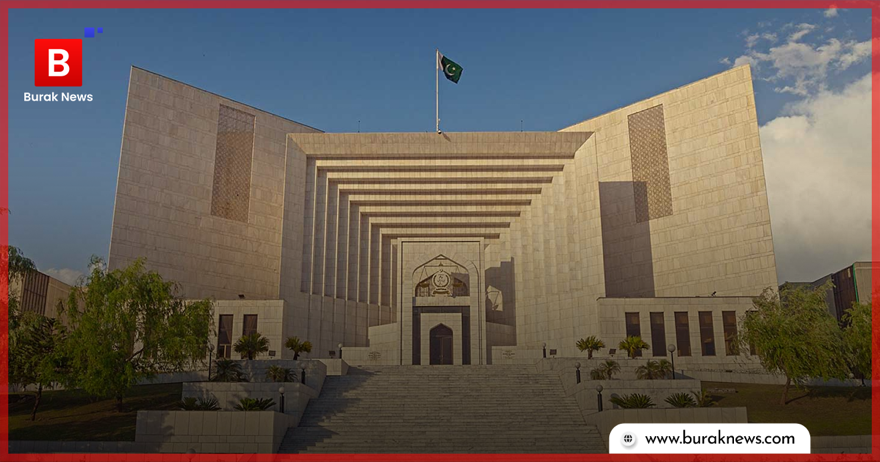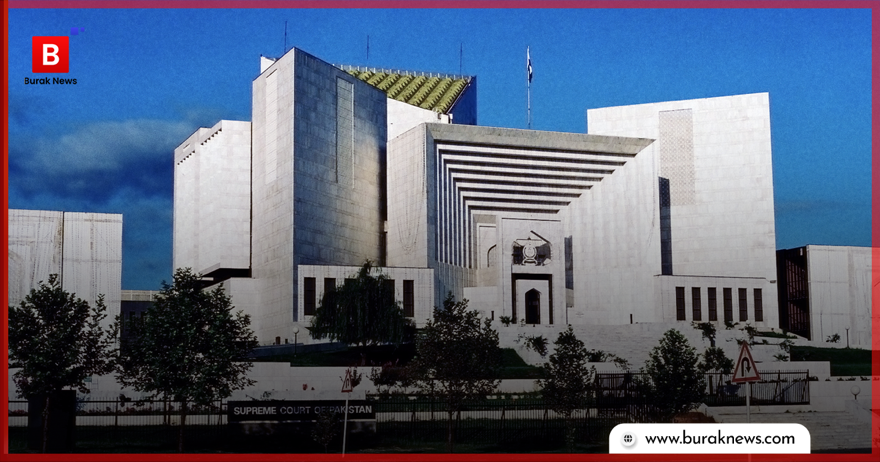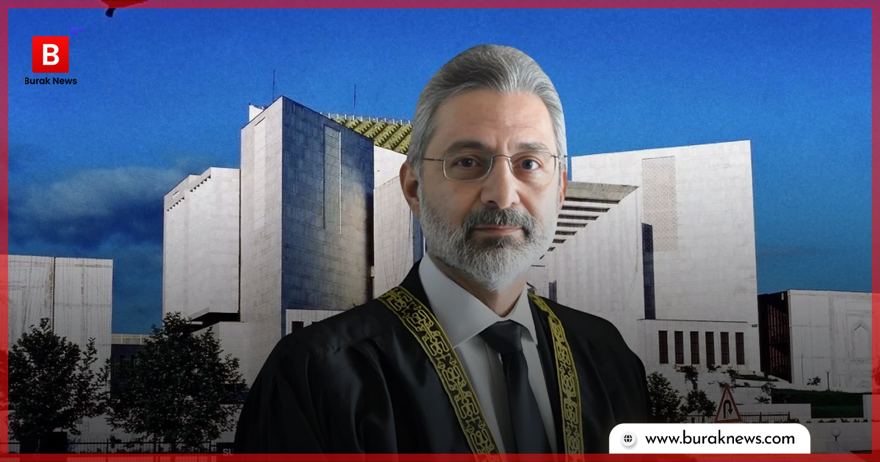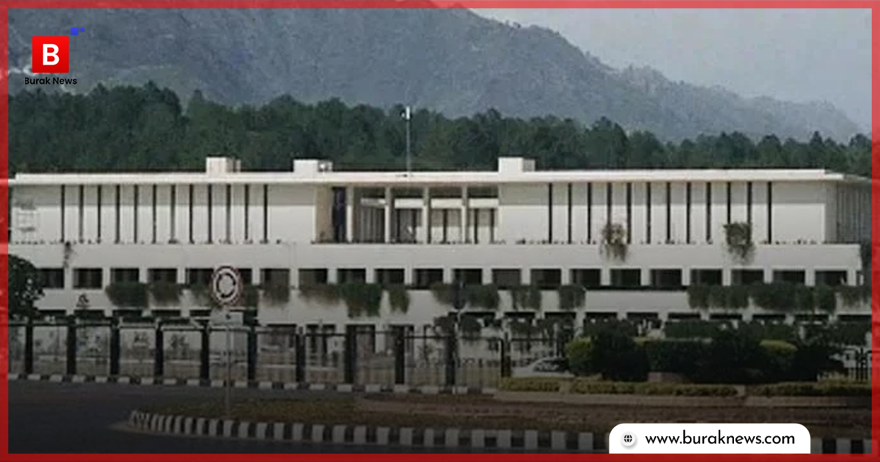SC rejects PTI’s intra-party election review plea

The Supreme Court of Pakistan has turned down Pakistan Tehreek-e-Insaf’s (PTI) plea regarding its internal elections, after the party opted not to move forward in accordance with the newly enacted 26th Constitutional Amendment. This amendment, pushed through by the coalition government, was passed in the National Assembly after securing approval in the Senate.
On Monday, President Asif Ali Zardari authorized the amendment, which took effect immediately following the Prime Minister Shehbaz Sharif’s recommendation.
The hearing, presided over by Chief Justice Qazi Faez Isa, along with Justices Muhammad Ali Mazhar and Musarrat Hilali, was focused on PTI’s request for a review of a previous judgment concerning its intra-party elections. In January, the bench had unanimously overturned a ruling by the Peshawar High Court that labeled PTI’s internal polls unconstitutional, a decision stemming from the Election Commission of Pakistan’s (ECP) findings.
During the latest hearing, PTI’s attorney, Hamid Khan, suggested the formation of a larger bench to reconsider the petition, referencing a past case involving the Sunni Ittehad Council and the ECP. Chief Justice Isa countered that it was a separate issue and questioned PTI’s reluctance to provide direct arguments. The discussion grew tense when the PTI lawyer accused the bench of bias.
Justice Hilali asked Khan to clarify why he believed there was bias present. Following a back-and-forth exchange, PTI leader Barrister Ali Zafar declared that the party would not present its case before the current bench, suggesting that recent judicial amendments made it unsuitable for the matter. Chief Justice Isa responded by stating that he was not aware of any amendment affecting their jurisdiction.
The PTI lawyers eventually stepped back from the proceedings, leading to the court’s dismissal of the plea. Chief Justice Isa pointed out that the PTI representatives did not put forth their arguments on the case’s merits, affirming that no mistakes were identified in the original ruling.
In response, Hamid insisted that the order should note their refusal to argue before what they perceived as a biased judge.
The contentious 26th Amendment Bill includes provisions limiting the Chief Justice’s tenure to three years and establishing a system for nominating a new Chief Justice through a parliamentary committee. Additionally, it requires that constitutional benches in both the Supreme Court and high courts consist of the senior-most judges as presiding officers.




